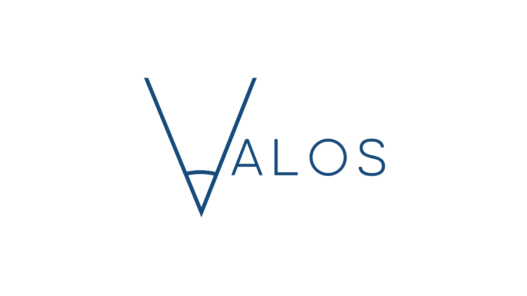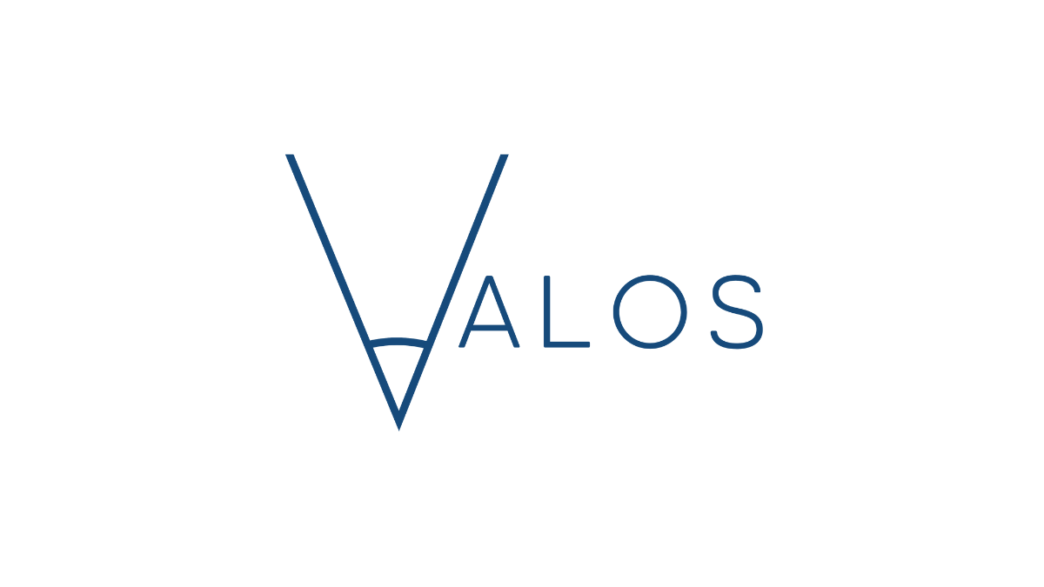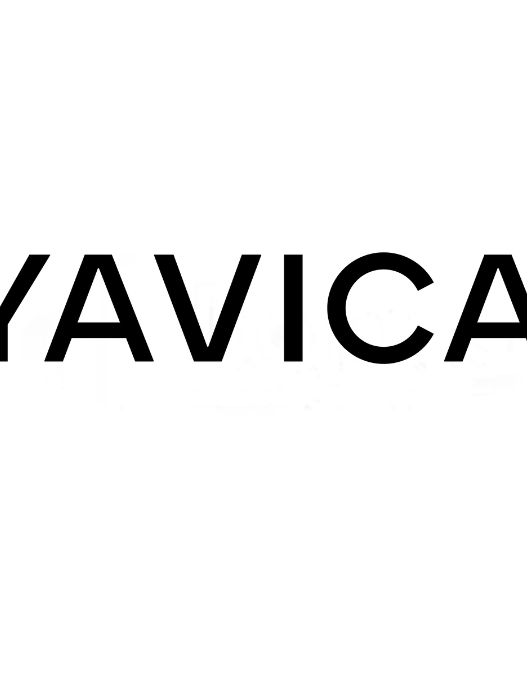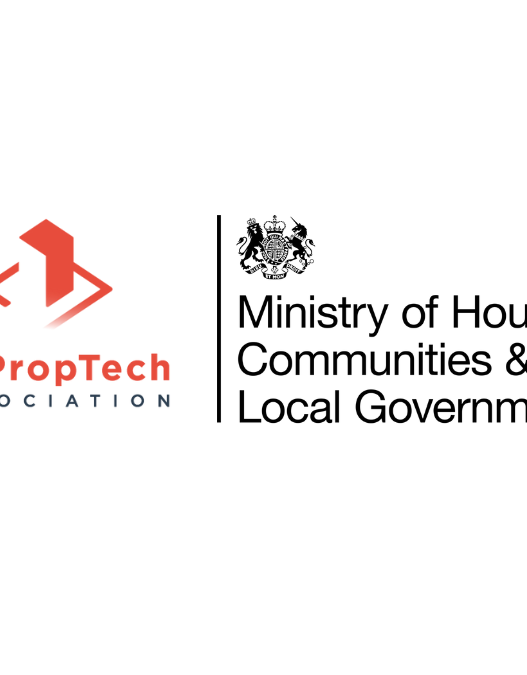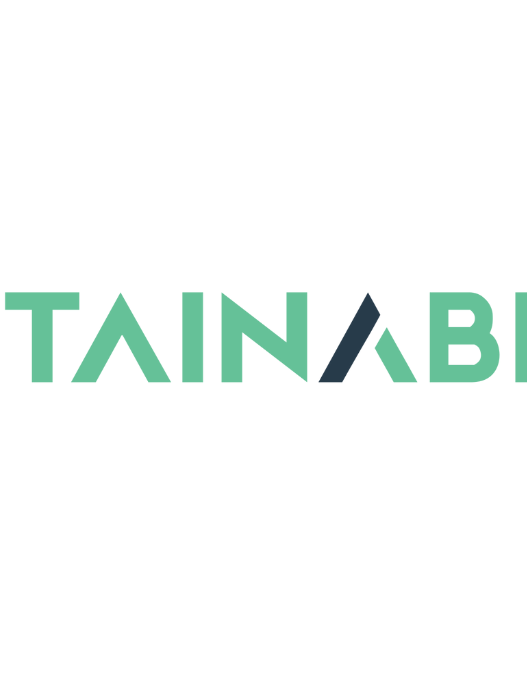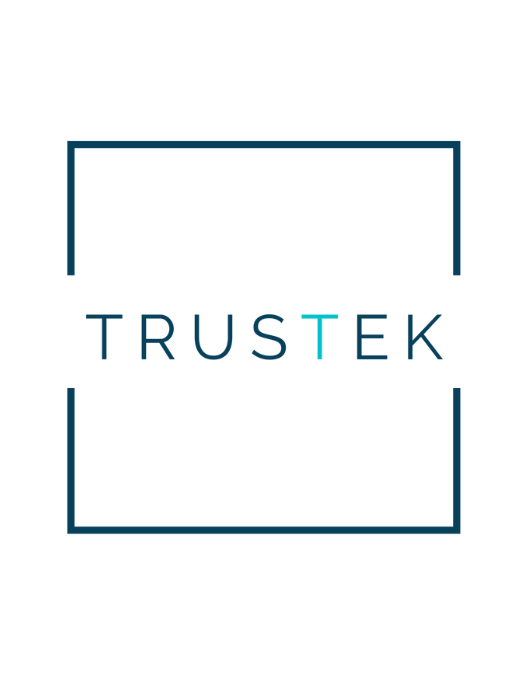In our latest Spotlight interview, we spoke with Alex Kountourides, co-founder of Valos. Alex talks about how Valos leverages AI in its solutions, the key drivers behind its growth and success, and his vision for the future of real estate valuation. ” The industry is faced with the opposite of being a solution to a problem that isn't that big of a deal, or one that may be considered a “nice-to-have” rather than a “must-have” by the market. Our focus strays far from our core focus to excel and create best-in-class products. It's very easy to get caught up in client feature requests and growth into many new markets, but there's an inherent risk that doing so can distract you from your core mission. ”
Q1- What inspired the development of Valos and how is this solution different from traditional real estate valuation methods?
The idea for Valos came about when, in our role as RICS Registered Valuers, we became increasingly frustrated with the amount of time spent on the manual administrative aspects of the valuation process. This was primarily about collecting data for reports, much of which was objective, factual information and did not require much analysis by raters. Additionally, it took time to edit and format the reports, and because they were manual, they were always prone to human error. This means less time is spent on what really matters and what requires expertise: determining value.
We looked for technical solutions that might help, but all we could find was an AVM tool. This is intended to replace the most important part of the evaluator's role, and we feel strongly that it should empower rather than replace. That's why we came up with the idea for Valos, a platform that perfectly blends automation and evaluator input. Although we are not an evaluation method per se, we are a platform that allows evaluators to optimize their time and work and improve the efficiency and accuracy of their work.
Q2- What role does AI play in your evaluation process and how is it impacting your business and customers?
At Valos, AI plays a big role in automating manual processes for appraisers, but we haven't reached the point where we make major decisions where we believe we should rely on the knowledge and expertise of appraisers. For example, valuers can collect all the objective data points they need in their report, such as flood risk or location description, and input them directly into the relevant sections of a bespoke report, saving a lot of manual time. You can save money. However, collect more subjective data and present it to the evaluator to make the final decision on which data points to include in the report. This is then embedded in a customized template to provide an end-to-end solution that frees up evaluator bandwidth. This provides the most accurate and efficient results for raters.
Q3- What do you think are the main reasons for Valos' success and what should other PropTechs prioritize to drive growth?
One of the things that's important to us at Valos is that our platform solves real problems facing the industry, rather than solutions to problems that aren't that big or what the market sees as problems. It means that it is built on. Not “must-haves” but “nice-to-haves”.
Additionally, we never stray far from our core focus to excel in our business and create best-in-class products. It's very easy to get caught up in client feature requests and expansion into many new markets, but doing so comes with inherent risks and can distract you from your core mission. We have benefited from staying true to our core mission and are now in a position to consider other ways to grow alongside this.
Q4- In your recent interview with Tech Tales, you touched on the importance of understanding and supporting your customers. Can you tell us more about supporting your clients during the onboarding process and implementation stage?
At Valos, we take client service very seriously, and our onboarding process is a great example of this. We work very closely with our clients and communicate regularly to ensure they feel part of the process and are getting exactly what they signed up for. Always trial and test your reports before going live to ensure a high level of user experience and immediate engagement.
Q5- Looking ahead, how do you think real estate valuations will evolve over time and how is Valos positioning itself to adapt to that change?
In the future, the real estate valuation landscape will be greatly influenced by technology and AI, and only valuation companies that adapt will thrive. Technology is poised to permeate nearly every aspect of the assessment process, automating repetitive tasks and enabling efficiencies. However, the need for a human element that only a skilled appraiser can add remains essential.
As technology takes on more of the day-to-day aspects, the role of the appraiser will increase and focus on the high-value aspects of the process that require knowledge and expertise. This change will not only improve the quality of assessments, but also attract new talent to the industry and make it an attractive career path for those who value both technical expertise and critical thinking.









